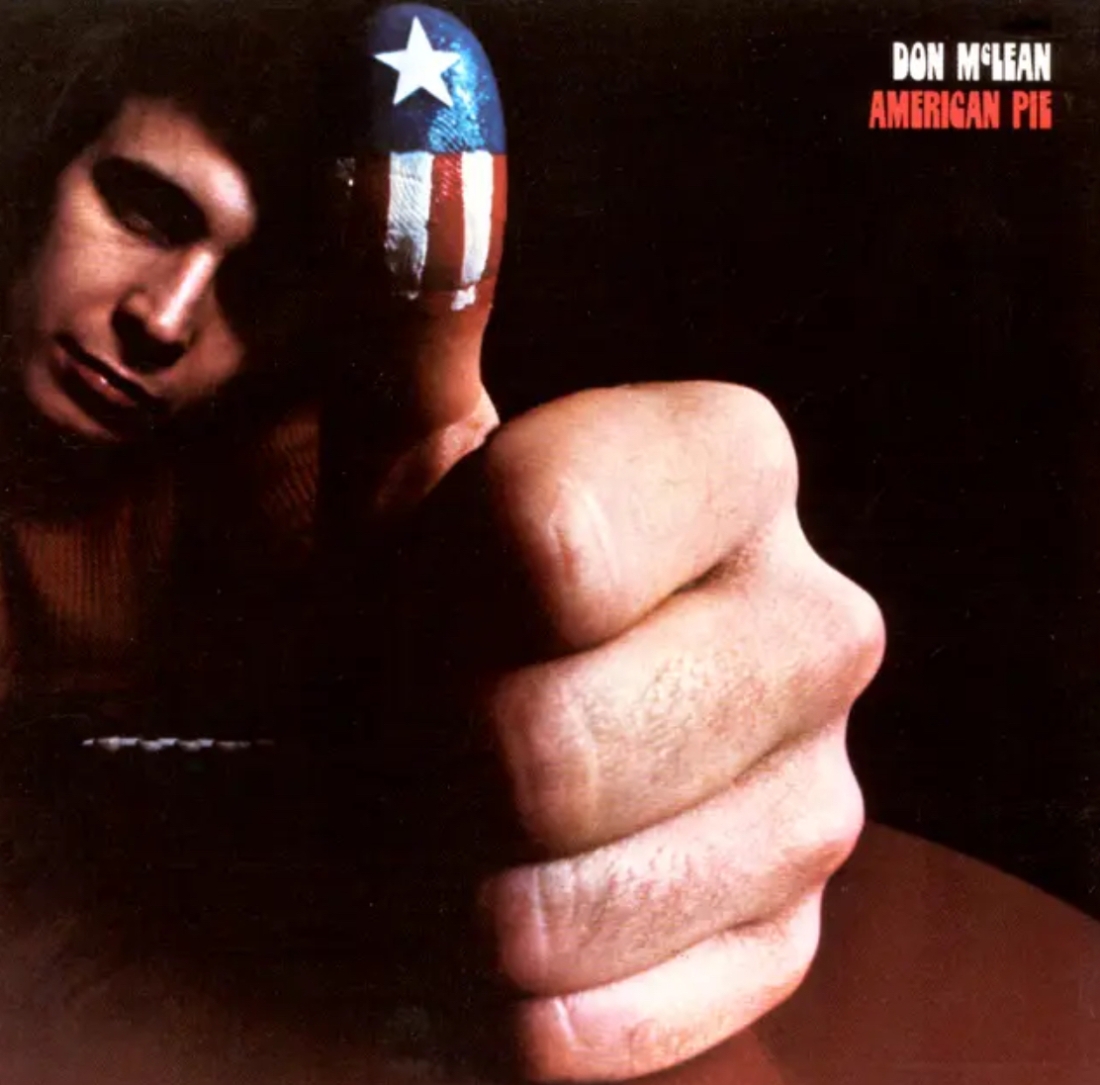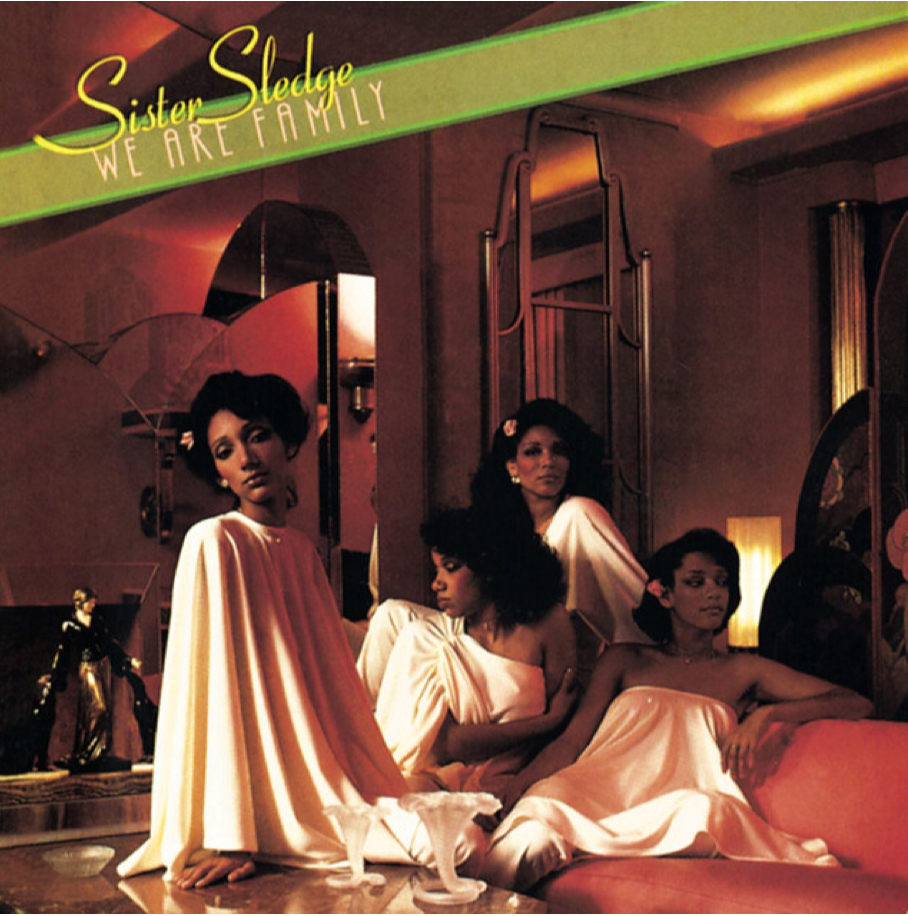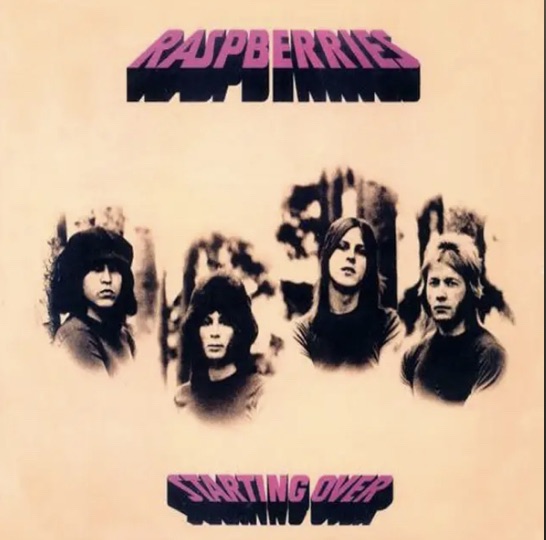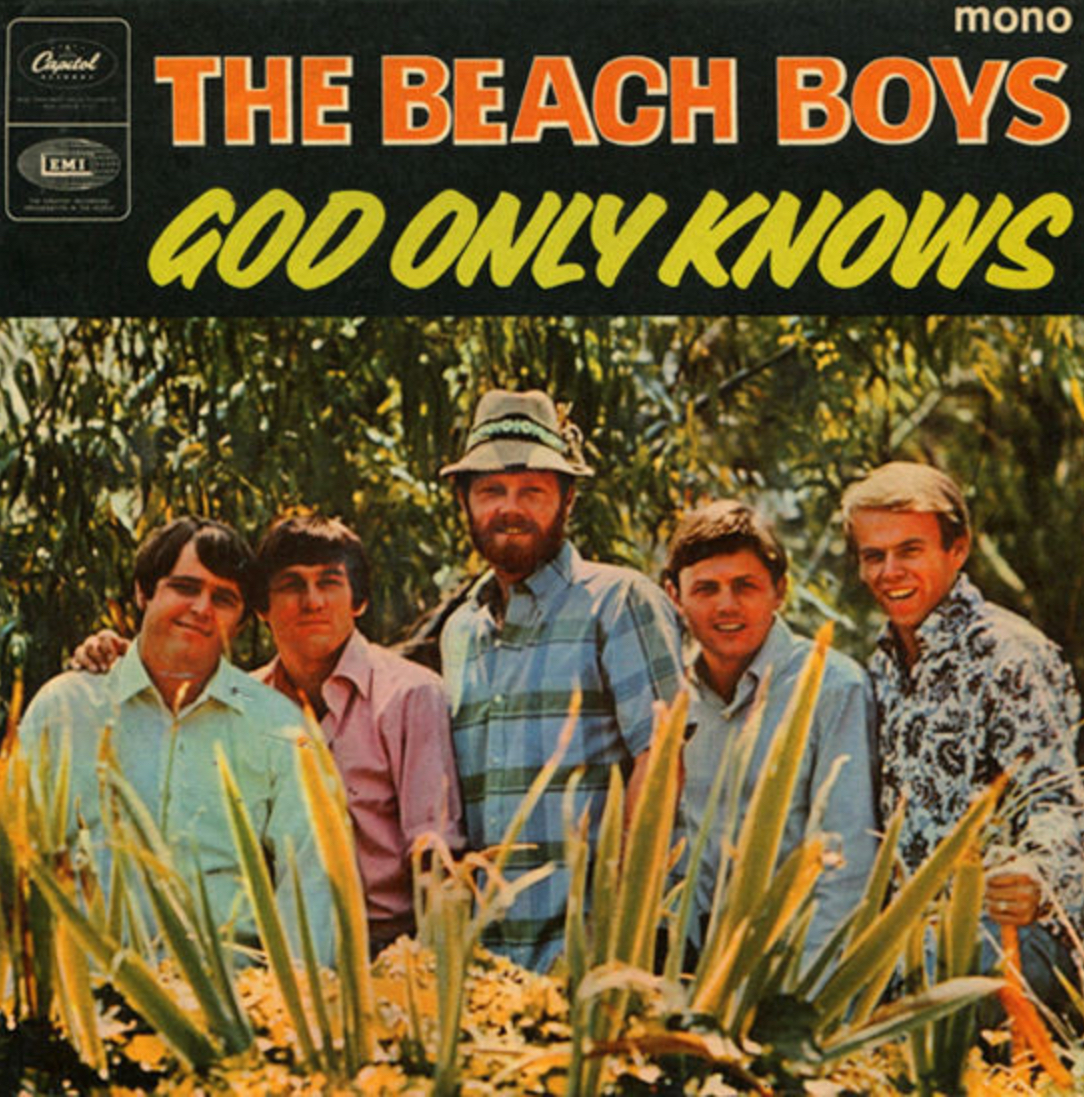Don McLean – American Pie
When it comes to music, we live in a super-sized era. The digital delivery system means there are no theoretical limits to how long an album can be: I know of at least two original releases that exceed four hours, and I will absolutely listen to them someday when I have nothing better to do. On the same day recently, Taylor Swift released a 65-minute album and a 122-minute extended version. These kinds of excesses put even Drake’s extravaganzas to shame. Even now, Kanye West is probably plotting his return to glory with a 106-hour album that is 90% him making animal sounds. (And, yes, I would absolutely check that out.)
In an earlier time, the length of a record was confined to the limits of the medium it was delivered on. (These are all approximations: there were technical tweaks that could lengthen these times, though sound quality degradation was a real risk in doing so.) A compact disc could run up to 74 minutes, the standard cassette tape held 30 minutes per side, vinyl albums up to 44 minutes total. The shortest of all was the humble 45 vinyl record: just a mere 5 minutes maximum per side.
These technical limitations had an impact on how the art could be presented. The Allman Brothers’ 34 minutes-plus epic “Mountain Jam” took up two (non-consecutive for some reason) sides of their 1972 double album “Eat A Peach”. Anyone who ever listened to music on an 8-track player knows the experience of the loud click between tracks interrupting a favourite tune. Longer songs were edited to a 45-friendly length, creating a pretty much new song, such as chopping out more than 14 minutes of Iron Butterfly’s “In-A-Gadda-Da-Vida” for the thrill of reaching number 30 on Billboard.
Don McLean’s opus “American Pie” wasn’t edited: it was sliced (roughly) in half, with 4:11 of the 8:42 song on the 45’s A side and the rest on the B. I had that 45, and it was annoying, though not so annoying that I went so far as to just buy the whole album. As the tune grew in popularity, radio stations started to play the album version, and that’s the one I – and probably most people alive today – heard first (ownership of the 45 came later, from deep diving a discount bin at K-Mart, Woolco or some other bygone department store chain).
An entire cottage industry was built up around trying to figure out what McLean was singing about, and the songwriter himself was often coy or offered misdirection, although in recent years he’s started to come clean. It’s a song that’s drenched in nostalgia, in the recall of those key moments that marked his development as a person. It begins with an air of sadness over the death of Buddy Holly (“bad news on the doorstep”), with only piano under the vocal. Acoustic guitar jumps in, the tempo picks up, and now we’re racing through the landmarks of a young life. There’s unrequited love, as the “lonely teenage broncin’ buck” sees the object of his affections dancing with another in the school gym. (I always think of the dance scene from “It’s A Wonderful Life” during this part.) It’s an oddly disjointed song, with a peppy sound diluting the slashing of its words. There are questions about god and country and of the part that music can play in nurturing your soul. The song is hopeful, but those hopes frequently falter (“the levee was dry”, “no verdict was returned”). We keep coming back to music, to dancing, and to the celebration of what is good. It’s about being young, when everything is possible, of an unearned hopefulness that can go sour, ending in a slowed down coda, where the news is not happy, and the loss is real, and cuts close.
I think the ambiguity has been good for the song’s longevity. It doesn’t matter that the references that McLean makes are very personal and connected with his life experiences. Because what “American Pie” means to him isn’t what it means to me, or what it might mean to someone 10 years older, or 20 years younger. For McLean, “the day the music died” refers to Buddy Holly, but for someone else it could mean Joplin, or Presley, or Cobain, or any artist, musical or otherwise, who moved you, inspired you, terrified you. And it is, after all, merely a metaphor for the loss of innocence, of McLean’s innocence to be sure, but also of his country’s, mired at the time in an unwinnable war for no good reason and a lot of bad ones. What he is really getting at – specific references to the likes of James Dean, John Lennon, Charles Manson and the fear of nuclear destruction be damned – is timeless. Youth always feels lost, always feels like it’s figured shit out and things will get better, always ends up disappointed, and ALWAYS recalibrates to the new reality. This song is about the ‘60s, but adjust some of the references a bit and it can be about the ‘80s, or the ‘00s, or last week. That’s partly what makes it a classic: it’s a choose your own adventure song.









